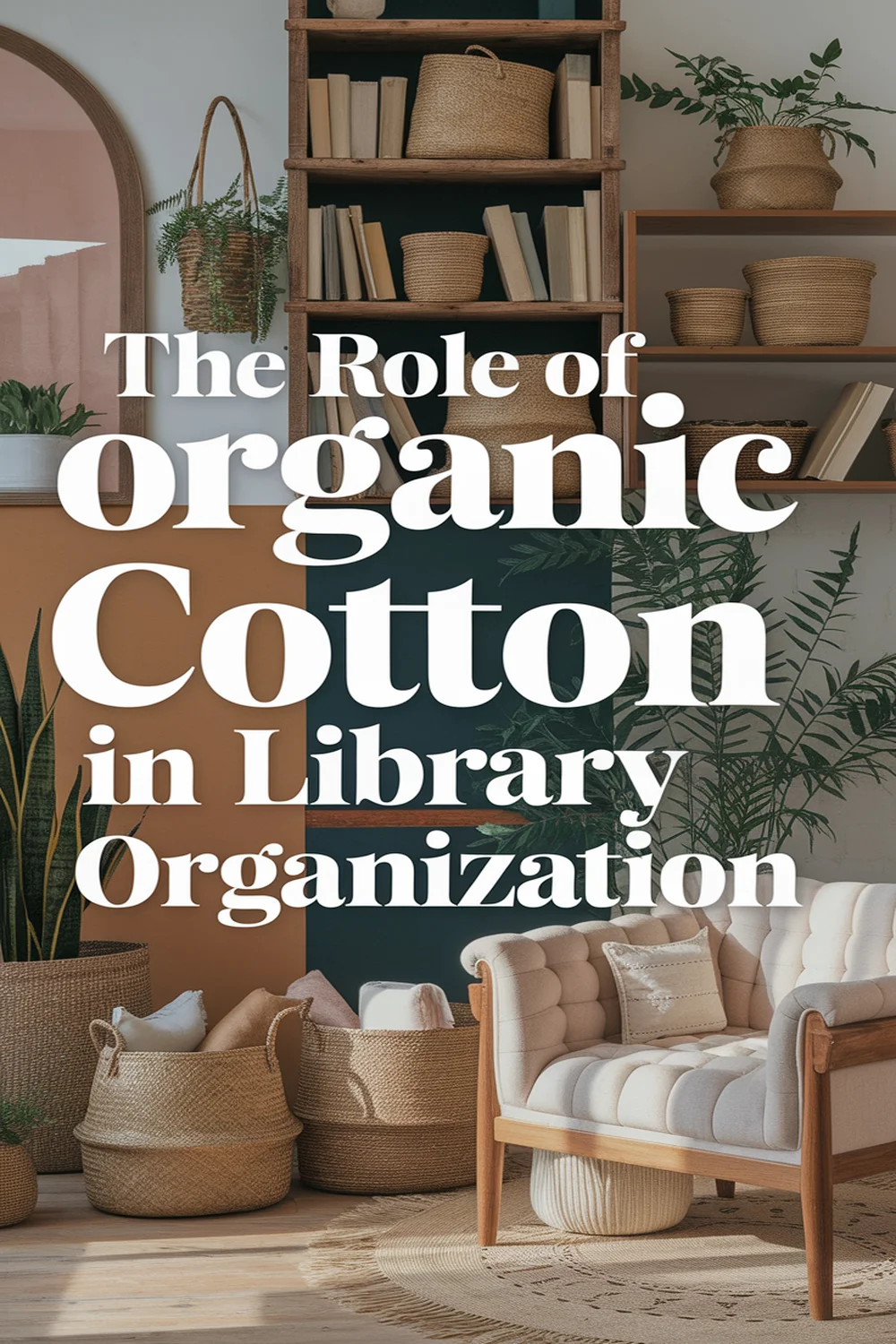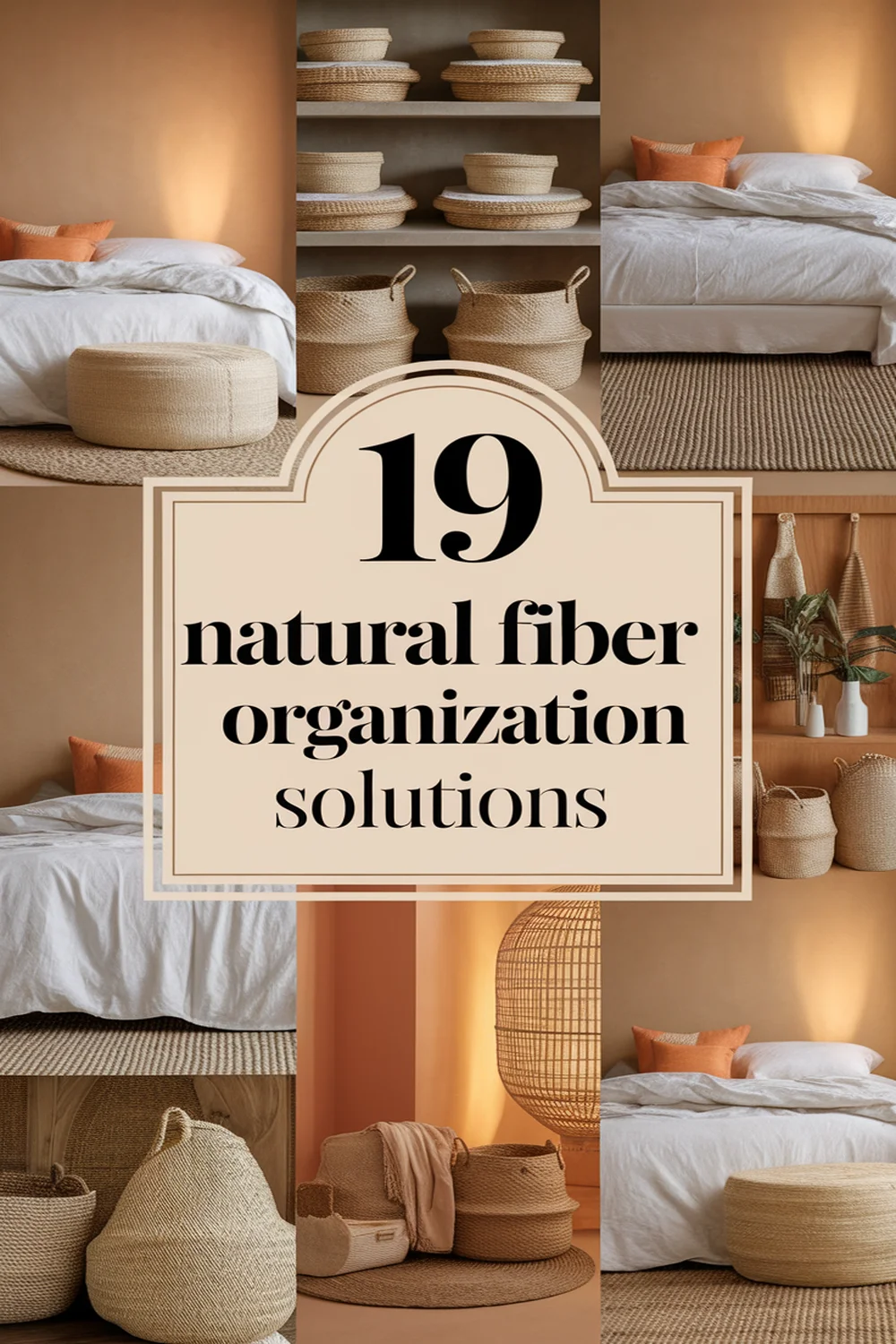This post may contain affiliate links. Please read our policy page.
Organic cotton plays a crucial role in making libraries more sustainable and eco-friendly. By incorporating organic cotton into book covers and shelving solutions, I can help reduce the carbon footprint and promote biodiversity. This natural fiber enhances the tactile experience while supporting farmers who use sustainable practices. Engaging our community in workshops and discussions about organic cotton fosters awareness and responsibility. If you’re curious about the broader impacts of these initiatives, there’s much more to explore!
The Importance of Sustainability in Libraries
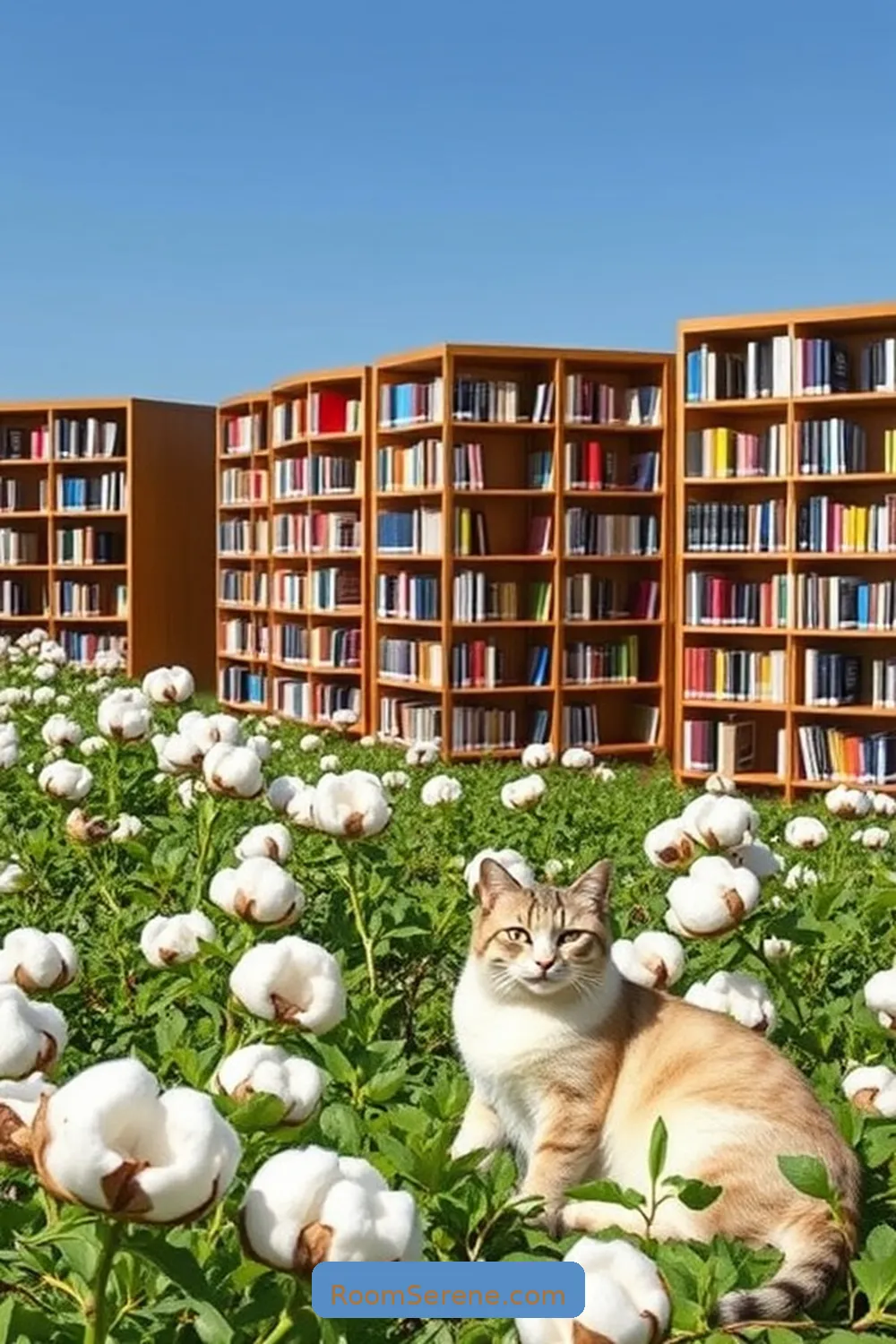
Sustainability is more than just a buzzword; it’s a necessity for the future of libraries. As a librarian, I’ve seen firsthand how our choices impact the environment. By prioritizing eco-friendly practices, we can create spaces that not only serve our communities but also protect our planet.
Implementing sustainable initiatives—like reducing paper waste, using energy-efficient lighting, and promoting recycling—makes a significant difference. I often encourage my colleagues to explore renewable resources and sustainable materials in our collections and operations.
It’s about fostering a culture of responsibility. When we embrace sustainability, we inspire others to do the same, ensuring that libraries remain essential resources for generations to come. Together, we can make a meaningful impact, proving that knowledge and environmental stewardship go hand in hand.
Understanding Organic Cotton
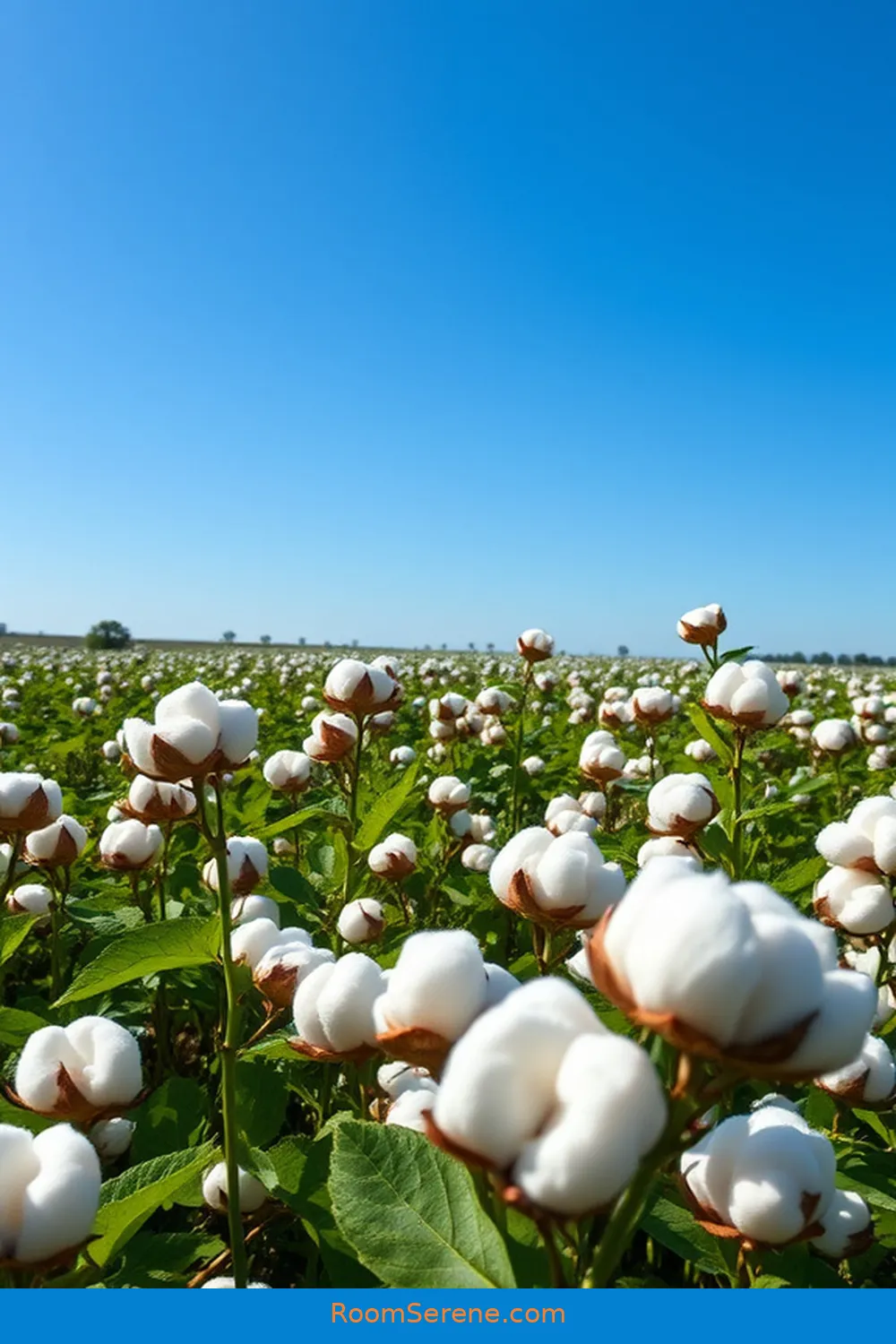
Organic cotton is a remarkable alternative to conventional cotton, and it’s important to understand its benefits. Unlike its non-organic counterpart, organic cotton is grown without harmful pesticides or synthetic fertilizers, making it a healthier option for our planet and communities.
As I explore this topic, I can’t help but appreciate how organic farming practices promote biodiversity and maintain soil health. The seeds used are often non-GMO, which supports sustainable agriculture.
Plus, organic cotton farming typically requires less water, which is vital in our current climate challenges. By choosing organic cotton, we’re not just making a fashion statement; we’re supporting a movement towards responsible consumption and better farming practices.
Choosing organic cotton not only makes a fashion statement but also champions sustainable farming and responsible consumption.
It’s a choice that reflects a commitment to a more sustainable future.
Benefits of Organic Cotton for the Environment
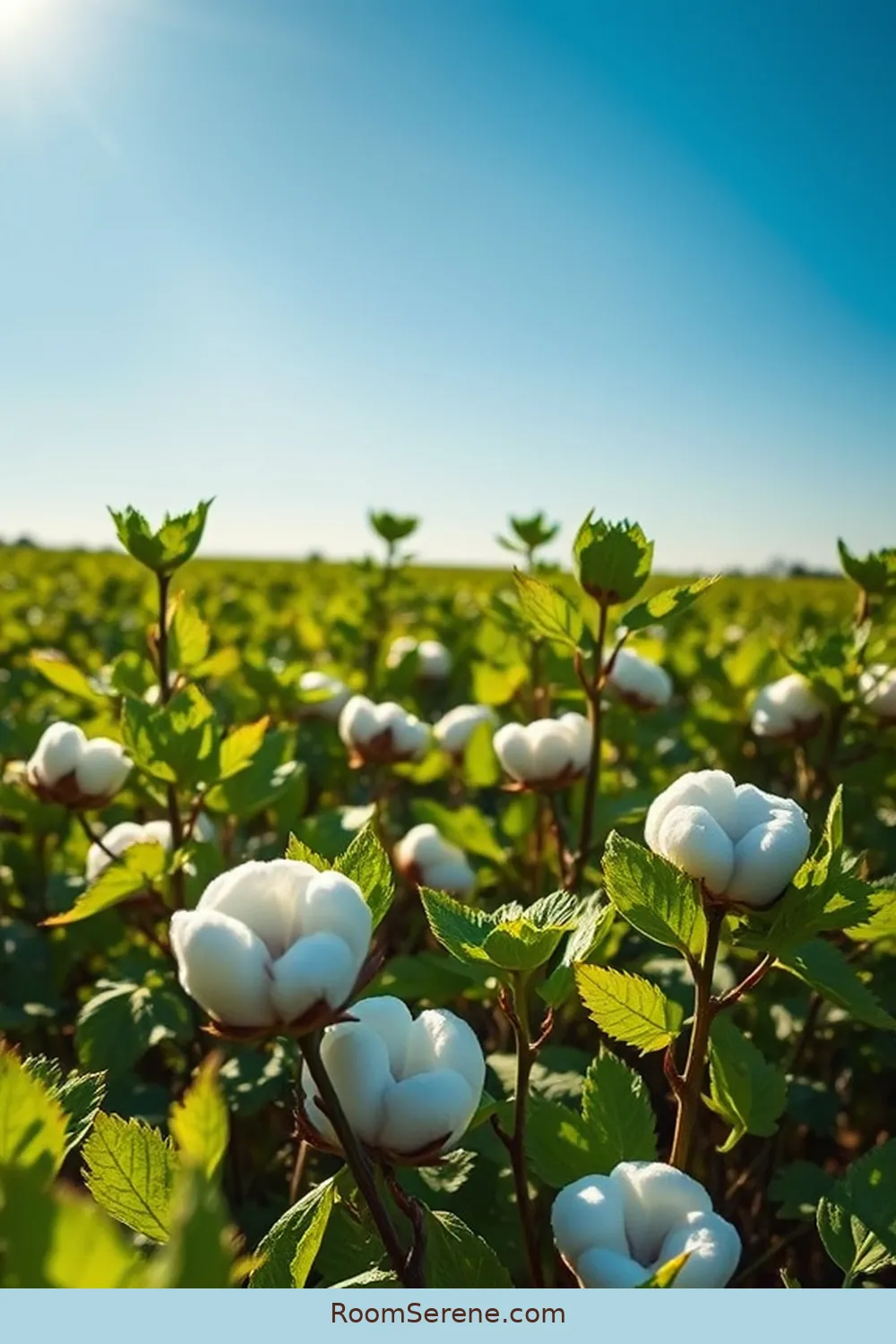
Choosing organic cotton not only benefits our health and communities but also plays a significant role in environmental conservation. By opting for organic cotton, we support sustainable farming practices that reduce pesticide use and conserve water. This eco-friendly choice helps preserve biodiversity and promotes healthier soil.
Here’s a quick overview of the environmental benefits of organic cotton:
| Benefit | Description |
|---|---|
| Reduced Chemicals | Fewer pesticides and synthetic fertilizers used. |
| Water Conservation | Less water needed for organic farming. |
| Soil Health | Enhances soil fertility and structure. |
| Biodiversity Support | Encourages diverse ecosystems on farms. |
| Carbon Sequestration | Captures more carbon in healthy soils. |
Embracing organic cotton is a step toward a greener future, and I’m excited to be part of this change!
Recommended Items
Discover our curated selection of products and equipment to enhance your library organization with organic cotton—explore below!
Products
Incorporating Organic Cotton Into Book Covers

When I see a beautifully crafted book cover made from organic cotton, I can’t help but appreciate the blend of artistry and sustainability it represents.
Using organic cotton for book covers not only enhances the tactile experience but also reduces our carbon footprint. The natural fibers offer durability, ensuring that the covers withstand the test of time while remaining biodegradable.
Plus, the vibrant colors and textures add a unique aesthetic that catches the eye. I love knowing that each book contributes to eco-friendliness, supporting farmers who practice sustainable agriculture.
By choosing organic cotton, we’re not just preserving the environment; we’re celebrating creativity and craftsmanship in literature.
It’s a small yet impactful step towards a greener future for libraries and readers alike.
Sustainable Shelving Solutions With Organic Cotton

Sustainable shelving solutions made from organic cotton can transform a library’s aesthetic while promoting environmental responsibility. I’ve witnessed how these shelves not only enhance the visual appeal but also reflect a commitment to sustainability. They’re sturdy, stylish, and biodegradable, creating a warm atmosphere for readers.
| Benefits | Impact |
|---|---|
| Eco-Friendly Material | Reduces carbon footprint |
| Unique Designs | Adds character to the library |
| Biodegradable | Supports a circular economy |
Choosing organic cotton for shelving isn’t just a trend; it’s a step toward a greener future. By incorporating these solutions, we invite our community to embrace sustainability in every corner of the library. Let’s make every shelf a statement for the planet!
Eco-Friendly Promotional Items for Libraries
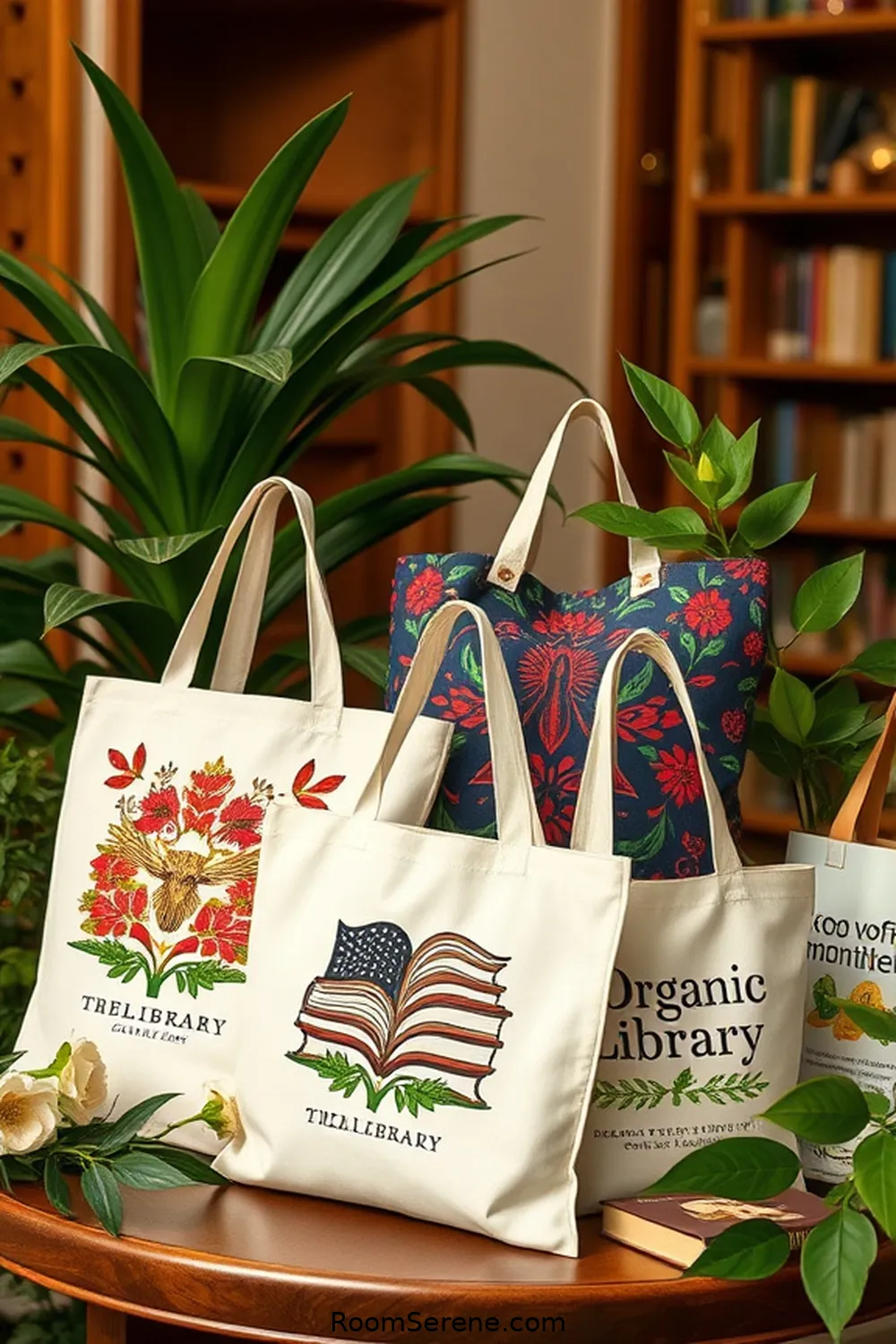
Many libraries are discovering the impact of eco-friendly promotional items in fostering a culture of sustainability and community engagement.
I love how these items not only promote our libraries but also convey a commitment to the environment. Reusable tote bags made from recycled materials, biodegradable bookmarks, and plantable pencils are just a few examples of thoughtful giveaways.
They spark conversations about eco-conscious practices while reducing waste. Plus, when patrons use these items, they become walking advertisements for our libraries.
It’s incredible to see how something as simple as a reusable bag can inspire others to think about their consumption habits. By choosing eco-friendly options, we’re not just promoting our services; we’re championing a greener future for our communities.
Utilizing Organic Cotton for Event Merchandise
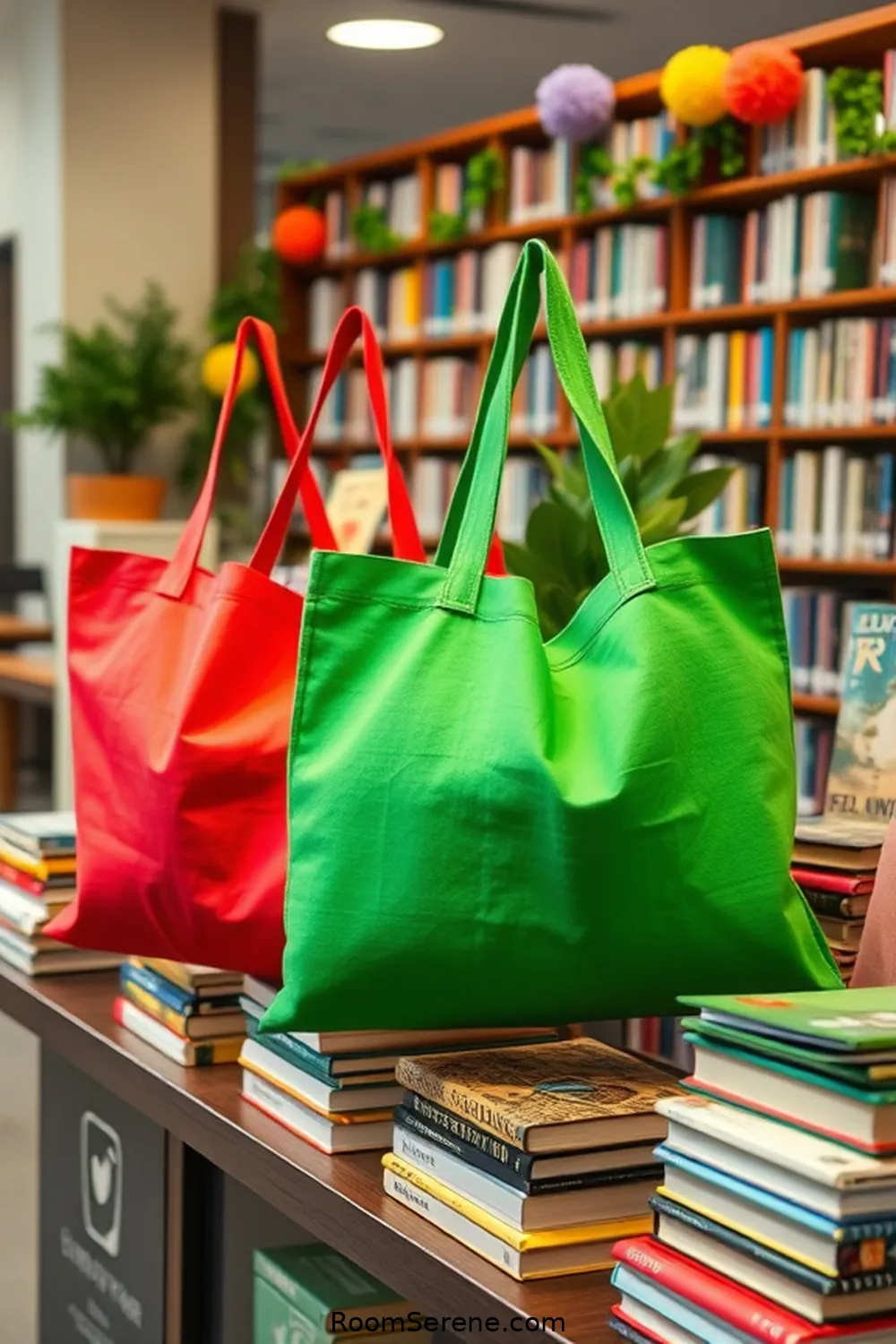
Incorporating organic cotton into our event merchandise not only enhances our library’s eco-friendly image but also provides a tangible way to promote sustainability.
I’ve found that using organic cotton for items like tote bags and T-shirts resonates with our community, showing that we care about the environment. These products aren’t just practical; they spark conversations about sustainable practices.
By choosing organic cotton, we support farmers who use environmentally friendly methods, reducing harmful pesticide use and promoting biodiversity.
Plus, our patrons appreciate receiving gifts that align with their values. It’s rewarding to see them proudly use our merchandise, knowing it represents our commitment to a greener future.
Let’s make sustainability a part of every event we host!
Action Steps for Organic Cotton Decor
Organic Cotton in Library Merchandise Sales
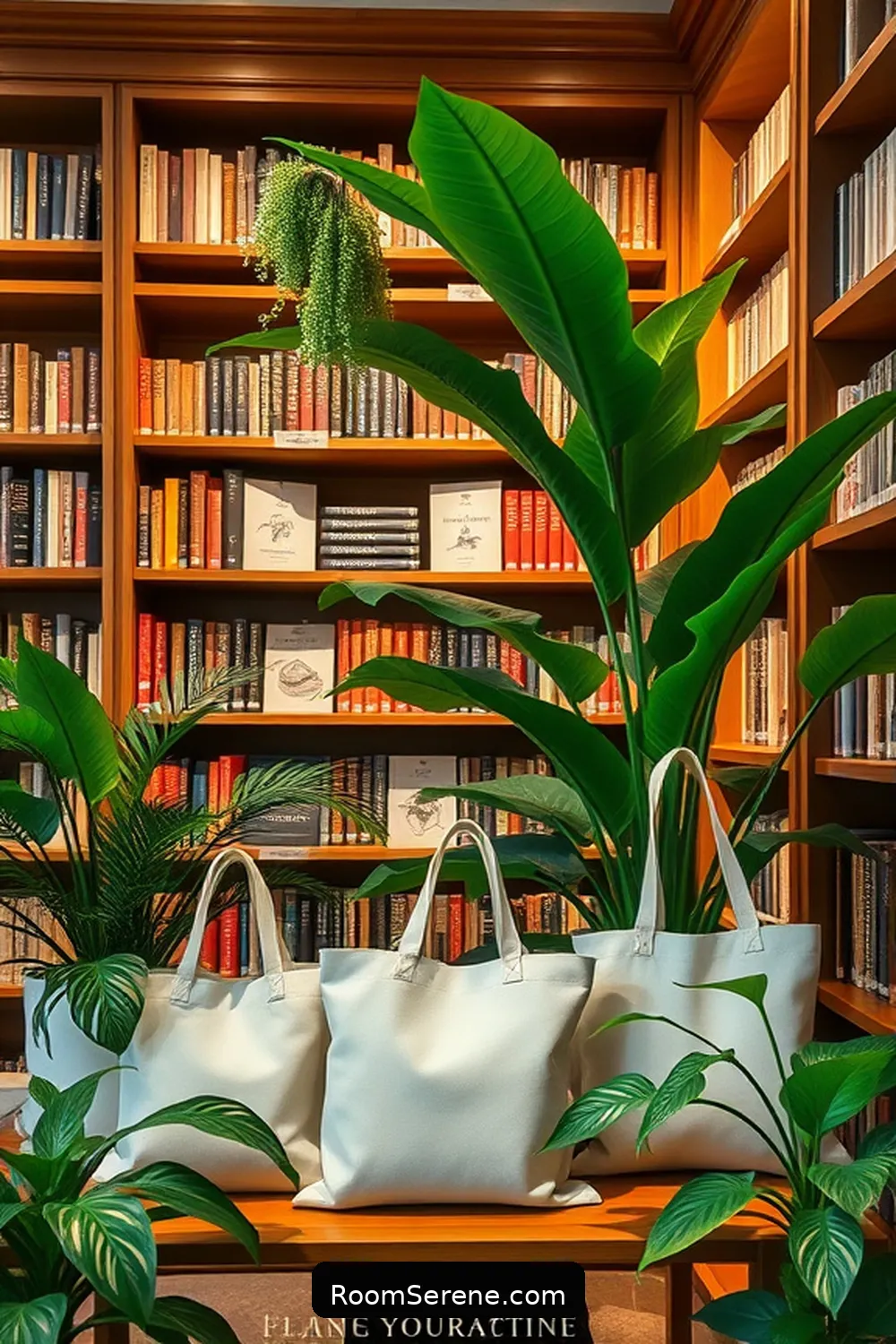
While I’ve always believed in the power of our library’s merchandise to reflect our values, introducing organic cotton into our sales has taken this to a new level. Our eco-conscious patrons appreciate the choice, knowing they’re supporting sustainable practices. Organic cotton not only feels great, but it also reduces harmful chemicals in our environment.
Here’s a quick look at the benefits we’re seeing:
| Benefit | Description | Impact |
|---|---|---|
| Eco-Friendly | Grown without pesticides | Healthier planet |
| Soft & Durable | High-quality fabric | Long-lasting items |
| Supports Farmers | Fair trade practices | Local economy boost |
| Raises Awareness | Promotes sustainability | Educates the community |
Community Engagement Through Sustainable Practices
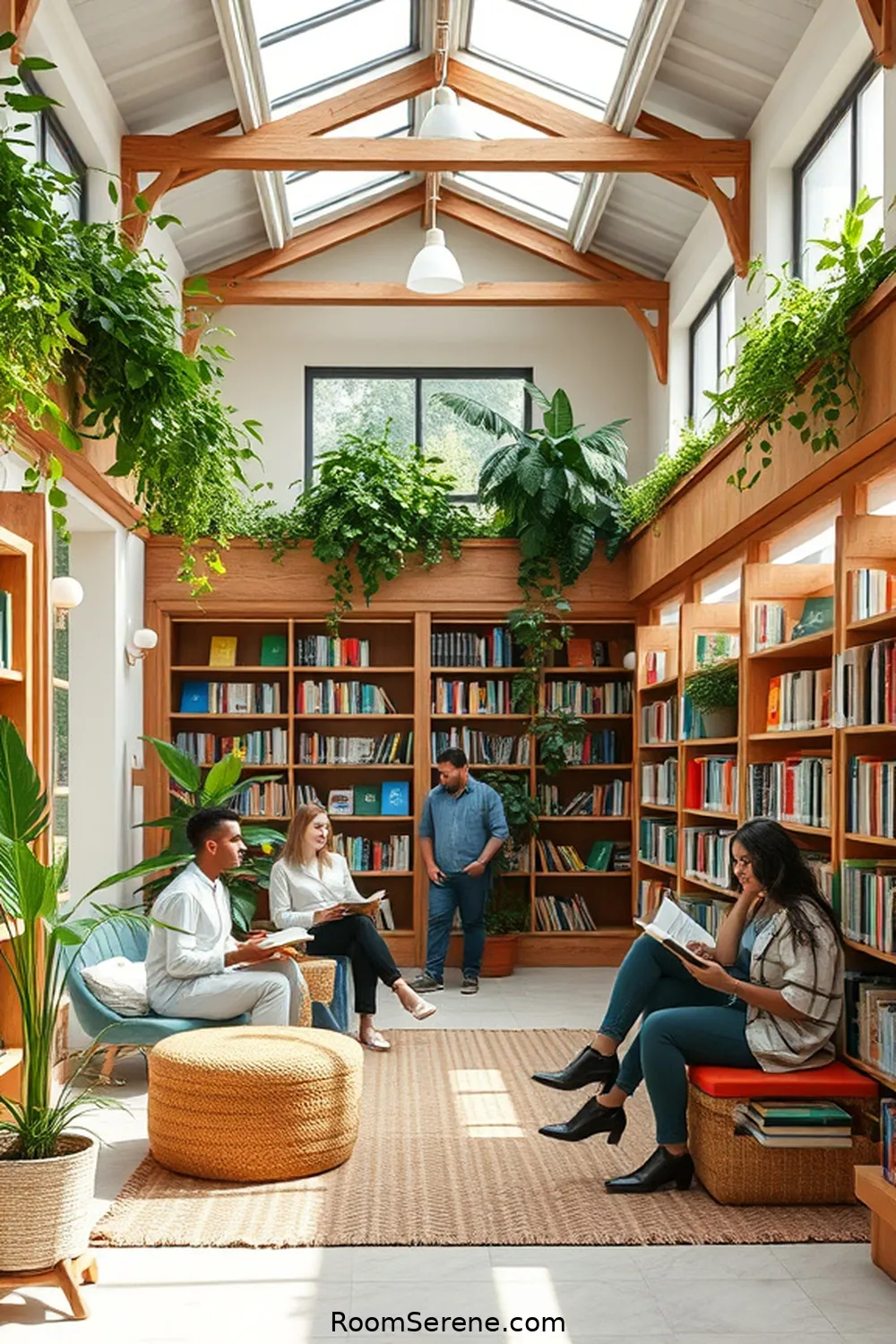
As I explore ways to engage our community, I find that sustainable practices often serve as a powerful catalyst for connection and collaboration.
When we embrace eco-friendly initiatives, like using organic cotton for library merchandise, we show our commitment to the environment. This not only resonates with patrons but also inspires them to join us in our mission.
Hosting workshops or events centered around sustainability can foster a sense of belonging and shared purpose. By involving local artists or educators, we can create a vibrant platform for discussions on eco-conscious living.
Together, we can cultivate a community that values sustainability, encouraging ongoing dialogue and actions that benefit both our library and the planet.
Let’s make our space a hub for positive change!
Educating Patrons on Organic Cotton and Sustainability

Educating our patrons about organic cotton and sustainability is essential for fostering a deeper understanding of eco-friendly practices.
I often find that discussions around organic cotton can spark a genuine interest in sustainable choices. By hosting workshops or informational sessions, I can share the benefits of organic cotton, such as reduced chemical use and the positive impact on local ecosystems.
I love highlighting how these choices contribute to a healthier planet for future generations. Providing resources like pamphlets or online guides can also empower patrons to make informed decisions in their daily lives.
Together, we can cultivate a community that values sustainability and supports ethical practices, ensuring that our collective footprint is lighter and our impact more positive.
Case Studies of Libraries Using Organic Cotton

Libraries are increasingly embracing organic cotton as part of their commitment to sustainability. For instance, a small community library in Vermont incorporated organic cotton book covers, not only enhancing the aesthetic but also promoting eco-friendly practices.
Patrons loved the tactile experience and appreciated the library’s dedication to the environment.
Another example is a large metropolitan library that transformed its textile display areas with organic cotton banners and signage. This choice sparked conversations about sustainable materials among visitors, fostering a culture of eco-awareness.
These case studies highlight how libraries can leverage organic cotton to support their green initiatives while engaging their communities.
I find it inspiring to see libraries lead the way in sustainability, making a tangible difference in our world.
Future Trends: Expanding the Use of Organic Cotton in Libraries

While exploring the future of library organization, I can’t help but envision a broader adoption of organic cotton in various aspects of library operations.
Imagine using organic cotton for book covers, bags, and even furniture upholstery. Not only would this initiative promote sustainability, but it would also resonate with eco-conscious patrons who value environmentally friendly practices.
As libraries increasingly focus on green initiatives, we could see partnerships with organic cotton suppliers, ensuring that our resources align with our values.
Workshops on the benefits of organic materials could foster community engagement and awareness. By incorporating organic cotton, libraries can lead the charge for environmental responsibility, creating spaces that reflect our commitment to a healthier planet while enriching the user experience.

